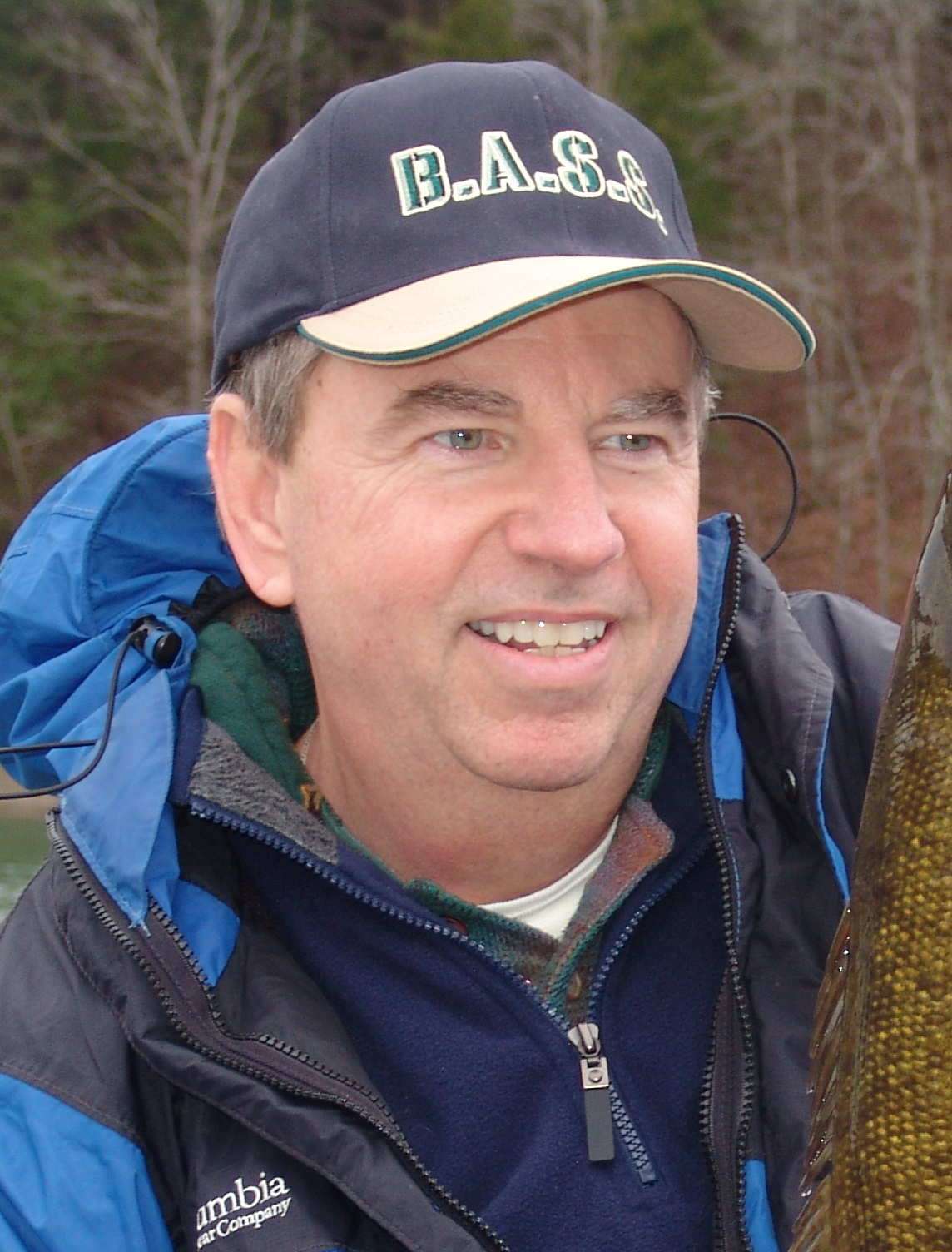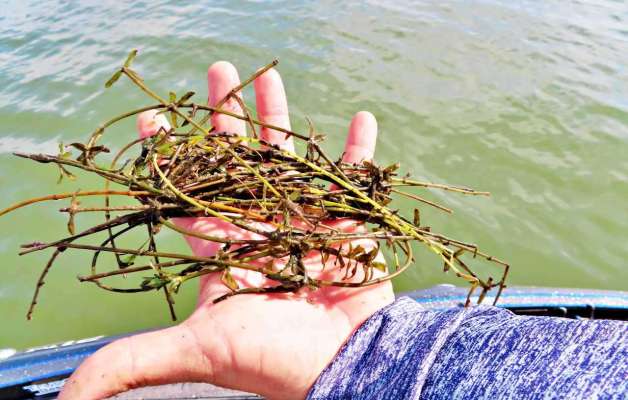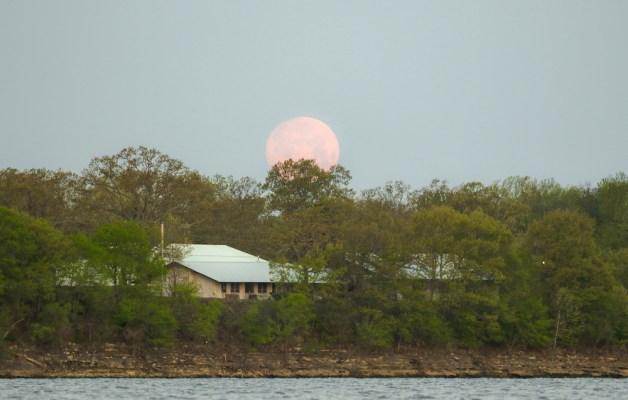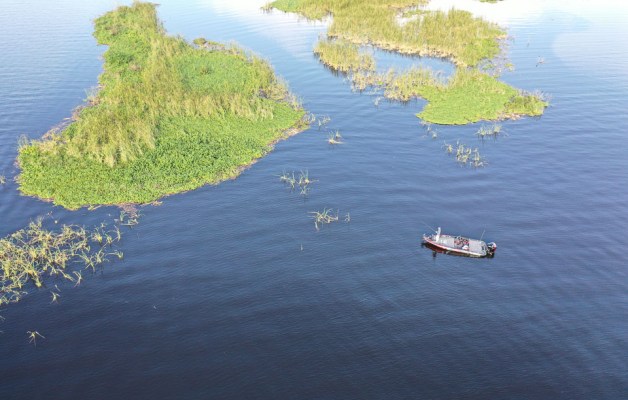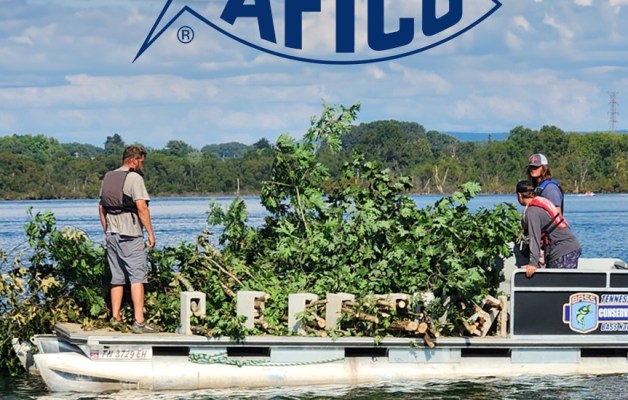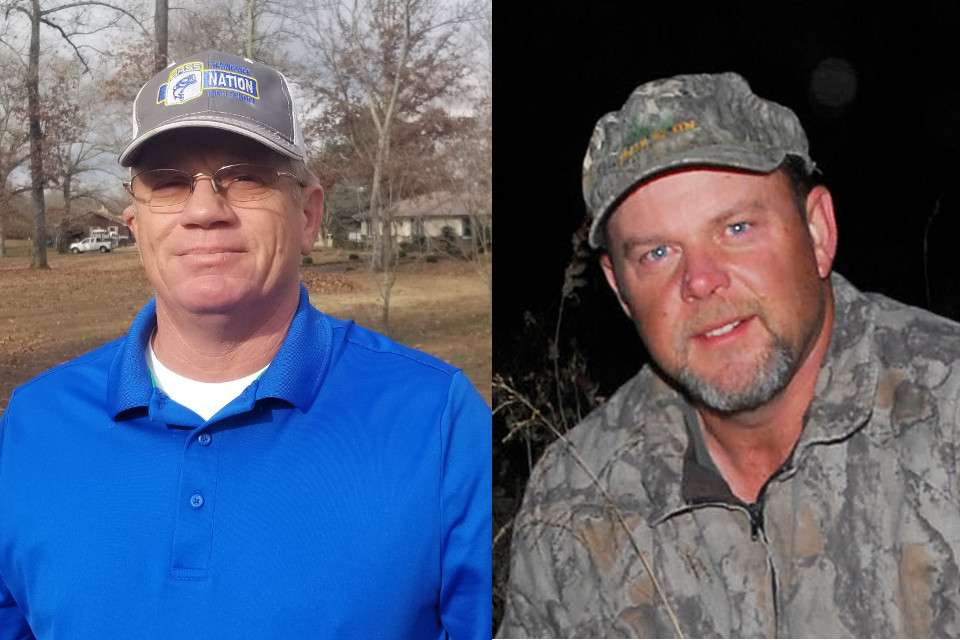
WINCHESTER, Tenn. – In Tennessee and Kansas, new state conservation directors (CDs) have taken the reins, eager to continue the B.A.S.S. Nation tradition of working with state agencies and others to improve bass fisheries.
“We need to better communicate actions that are being taken by the resource agencies to combat areas of concern such as Asian carp and invasive plant/aquatic species and refocus (our efforts) on areas that our anglers can have a real effect on,” said Tennessee’s Jake Davis, a retired U.S. Air Force Veteran and 35-year member of B.A.S.S. who now runs a guide service.
“Failure on the part of CDs to better communicate and focus will result – as it already has – in a bunch of armchair biologists who do nothing but complain. The ensuing result will be deadlock and loss of resources.”
In Kansas, meanwhile, Steve Hausler said, “It is important as a group to be involved in fisheries conservation work throughout the state, to keep a good rapport with those professionals who work on our behalf to provide recreational opportunities through the sport of bass fishing.
“My role is to be an initial point of contact and a professional representative for our organization.”
A member of B.A.S.S. for nine years, Hausler is a communications specialist for Sunflower Electric Power Corporation, as well as a professional photojournalist. He’s also held several offices in the Hays Bass Anglers Association.
Tennessee’s Davis held previous offices as well, including presidency of several clubs. He’s also the Tennessee B.A.S.S. Nation youth assistant director, a youth conservation coordinator and a regional trail director for the high school circuit. And he helped the South Central Tennessee B.A.S.S. Nation High School/Youth (SCTBN) become a member of Friends of Reservoirs.
“Over the past four to five years, I’ve been able to influence and focus hundreds of young anglers to get involved and care for our fisheries,” he said. “I have spearheaded a habitat restoration program (Tims Ford) with the help of AFTCO and B.A.S.S. that has turned into a pilot program for the entire state.”
Starting in mid December and extending through January, Davis is leading the SCTBN in habitat-building days for Tims Ford and Normandy Lake. Along with making bamboo structures and spawning benches, they’re collecting Christmas trees to anchor as fish attractors.
“We will be working on this every day that weather permits,” he said.
In Kansas, Hausler wants the Kansas B.A.S.S. Nation to continue assisting the Kansas Department of Wildlife, Parks and Tourism with its ambitious statewide Georgia cubes habitat project, as well as cedar-tree shoreline habitat work at Lake Wilson and placement of brushpiles in Glenn Elder, Cedar Bluff and other public fisheries across the state.
He also wants to support the state’s early stocking program for largemouth bass. “This program introduces bass that were artificially reproduced earlier (than normal) so they can take advantage of more of the growing season,” he said.
“These fish are more likely to survive by being larger as they go into winter.”
The new Kansas conservation director added, “Habitat can always be improved in any lake and in any state, and I would like our clubs to continue to be active in conservation efforts on public fisheries of all sizes in our state.”
No doubt Davis agrees with that assessment, as he said, “Tennessee has more highland reservoirs than just about any other state. These reservoirs are headed for a disastrous situation in terms of habitat (too little) and siltation. We have been warned for several years by some of the best fisheries biologists this country has to offer and little to no action has been taken.”
He wants anglers to be more active in helping with habitat improvements, freeing up the Tennessee Wildlife Resources Agency to devote more attention to address the threat posed by Asian carp and other issues.
“We need to increase angler awareness and participation in fisheries (management) at all levels,” Davis said. “We need to get professional anglers involved in issues such as habitat and conservation.”

